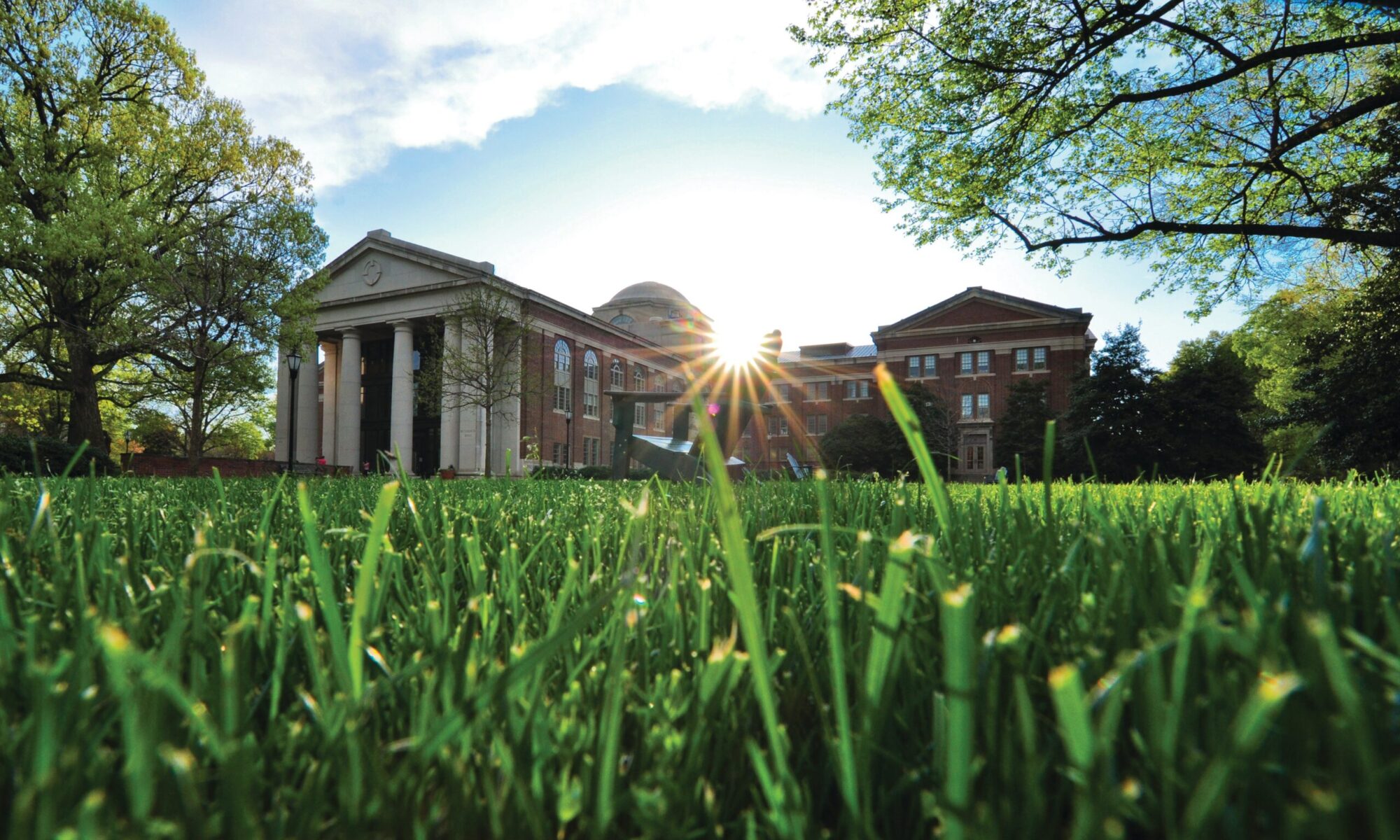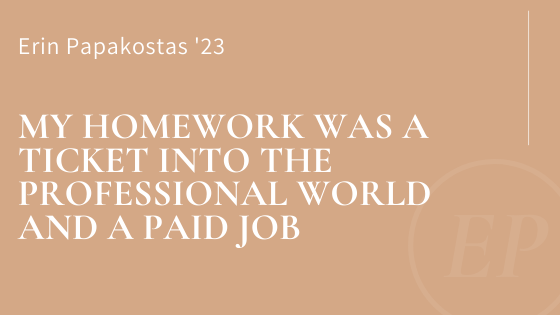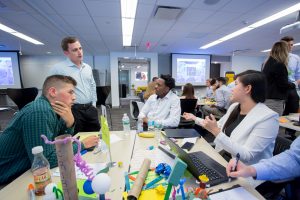By Valeria Donoso ’22
As I grew up around a family of immigrants, I saw constant struggle and strength but also perseverance. It is very important to me that the work I commit to is surrounded around improving the lives of those like my families. Throughout the year, I volunteer at the Ada Jenkin’s Free Clinic as a Spanish translator. While volunteering, I see my family’s struggle and resilience in the marginalized groups we serve. After my exposure to inequitable healthcare, I have become determined to serve as a physician that will be an ally to those who have gone through, or are going through, the same struggles my family once did.
Continuing these goals, this summer I was an unpaid intern for the Tight-Lipped Podcast, a storytelling podcast, and movement-building project about chronic gynecological conditions. I spent the summer examining how systemic sexism, the lack of research funding, and social pressures barre the diagnosis of these conditions. I assisted with the podcast by conducting background research about historical healthcare policies and transcribed interviews. I developed marketing strategies to build our audience, specifically the Latinx community by translating the website and helped develop a resource list in Spanish. I also worked on their social media platform and outreach.
While interning at Tight-Lipped, I have learned a lot about the history of medical discrimination within race and gender and its presence in today’s healthcare system. As the uprising of Black Lives Matter protests and anti-racist learnings began in the summer, I saw it as our responsibility, as an all-white-passing team, to make efforts to educate and provide resources for our audience about the history of racism in gynecology and its presence in healthcare today by uplifting the Black voices and creatives that have been doing this work. I curated Instagram posts dedicated to the dark history of gynecologists using black female slaves to pioneer procedures without consent and while not using any anesthesia based on articles and books about this. I also worked with my team to highlight how this history translates into America’s large Black maternal mortality rate and the reluctance from medical professionals to believe Black female patient’s pain.
Although I dedicated lots of time to educating our audience, I also dedicated a lot of time to learning and unlearning things around the healthcare system and race. I attended lectures, listened to podcasts, and read articles to learn more about how I can help better the current health care systems in place. I specifically listened to the NATAL podcast and read Inaugural Edition of The Sankofa Journal from Davidson College.
I have also learned about knowledge biases in clinical research. As I investigated the history of research for chronic conditions in gynecology, I noticed many flaws in the research funding system that barres the dedication for funding for this type of research. Funding for gynecology and obstetrics must be shared with the pediatrics department even if they do not have any overlap. I also noticed that there was a lack of research to solve chronic pain conditions in females and I believe this is due to societies history of ignoring women’s suffering and pain. After learning how little is being done to solve these conditions, I have begun to aspire to contribute to this type of research in the future.
I not only learned a lot more about medical and knowledge biases, but I also learned a lot about my future aspirations. As I mentioned previously, this learning opportunity was unpaid, and I had to search for outside funding to be able to commit to this internship. I was able to commit to this internship with the support of funding from the Emerging Professionals Grant that I accessed through the Center for Career Development. With this grant funding, I was able to fund necessities that piled up and were out of reach without proper funding. If it weren’t for this grant I would have been forced to have picked-up unsafe jobs in my community that would risk the health of myself and my family or drop this amazing internship completely to work full-time in a job that would not enrich my learning or provide safe social distancing during this pandemic. By being able to commit to this internship with grant funding, I learned so much about myself and how I can further impact our healthcare system.

















